The 10 Biggest Tech M&A Deals Of 2023 (So Far)
IT industry mergers and acquisitions—including some with multibillion-dollar price tags—have continued in 2023 despite economic uncertainty, rising interest rates and tighter capital. Here’s a look at the biggest tech mergers and acquisitions that have been announced, completed or are still in the works in 2023 (so far).

Wheelin’ And Dealin’
Merger and acquisition activity has continued across the IT industry in the first seven months of 2023 despite the uncertain economy, although the pace of multibillion-dollar acquisition deals (so far) appears to have slowed somewhat.
Also this year, a greater number of acquisitions seem to be cases of IT companies being acquired by private equity firms, rather than IT companies buying each other.
The cybersecurity sector has seen the most M&A activity, including major vendors acquiring security tech startups (such as Cisco Systems’ acquisitions of Valtix and Lightspin) and cybersecurity companies buying other security companies (Zscaler’s acquisition of Canonic, SailPoint’s purchase of SecZetta and Rapid7’s acquisition of Minerva Labs) in a bid to expand their product portfolios.
Given the exploding interest in artificial intelligence and machine learning in general—and generative AI in particular—there have been cases of large IT companies acquiring AI startups as a way to quickly get into the AI game.
Even some solution providers bolstered their security offerings and market reach through acquisitions: GreenPages Technology Solutions (now Blue Mantis) bought Arcas and Optiv acquired ClearShark.
Even mergers and acquisitions that don’t happen can be big news in the IT industry. DXC Technology confirmed in late 2022 that it was in discussions with a potential buyer, possibly a private equity firm. But on March 7 DXC issued a statement saying it had ended those talks without a deal.
Here’s a look at the IT industry’s biggest acquisition, merger and spinoff deals in 2023 so far. Many of the acquisitions were done-deals in 2023. Some were announced prior to this year and concluded in 2023 while others were announced this year and are still working their way to consummation.
While dollar value is a factor in the following ranking, some mergers and acquisitions have a greater impact on the IT industry in general, and the channel in particular, and that figures into the list. In a number of cases, the value of the acquisition was not disclosed.
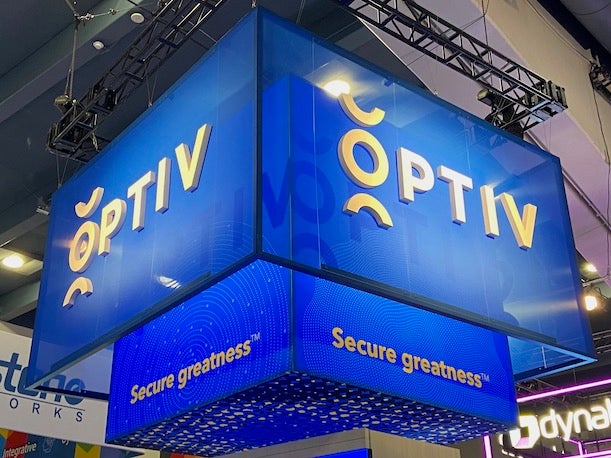
No. 10: Optiv Doubles Down On Federal Business With ClearShark Acquisition
Cybersecurity solution provider powerhouse Optiv kicked off a major expansion within the federal government space in March when it acquired solution provider ClearShark, a cybersecurity and IT VAR and consulting service provider to the U.S. federal government.
The acquisition of Hanover, Md.-based ClearShark more than doubled Optiv’s federal government presence while “significantly deepening its bench of government expertise and expanding the breadth of its federal capabilities,” Optiv said.
Terms of the acquisition were not disclosed.
The acquisition was the first for Denver-based Optiv since Kevin Lynch joined the company as CEO in April 2020. Lynch told CRN that Optiv saw the acquisition as “100 percent about growth” rather than a bid to achieve cost synergies.
ClearShark President Brian Strosser became the president of Optiv’s entire federal business.
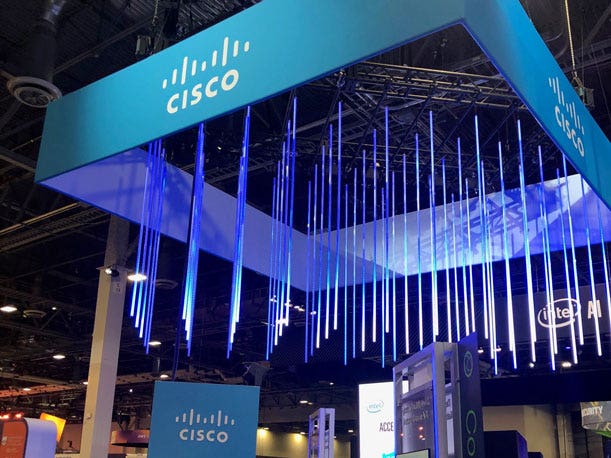
No. 9: Cisco Acquisitions Expand Company’s Cybersecurity Portfolio
In the first seven months of 2023 Cisco Systems struck deals to acquire a number of cybersecurity technology companies. The moves are part of the networking giant’s mission to become as equally well known in the competitive IT security arena.
In February Cisco acquired Valtix, a privately held cloud network security company. Cisco said the Valtix technology simplifies network security, protecting workloads no matter which cloud they are created or operate in.
In March Cisco bought Lightspin, which offers a holistic system that provides end-to-end cloud security posture management (CSPM) across cloud-native resources. Lightspin uses graph-based technology that delivers key context, prioritization and remediation recommendations.
In May Cisco struck a deal to acquire Armorblox, a pioneer in the use of Large Language Models and natural language in cybersecurity. Cisco said the Armorblox technology will help users understand and interact with security control points for enhanced attack prediction, rapid threat detection and efficient policy enforcement.
And on July 13 Cisco said it would acquire Oort, a pioneering developer of identity threat detection and response technology. The Oort cloud-native, agentless platform eliminates visibility gaps across disparate data sources, shows misconfigurations, checks for security vulnerabilities and offers predictive identity analytics to proactively halt attacks.
In all cases the amount Cisco paid for the acquisitions was not disclosed.
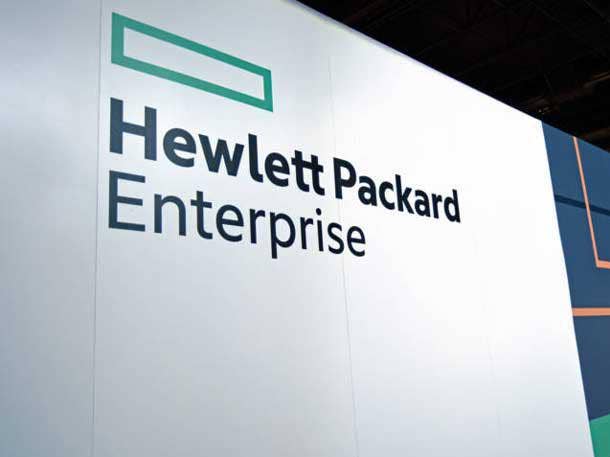
No. 8: HPE Acquires OpsRamp, Athonet
Hewlett Packard Enterprise has been especially active on the acquisition front this year, buying a number of companies including IT automation tech developer OpsRamp, private cellular provider Athonet and cloud security startup Axis Security.
Perhaps most significant was the deal in March to buy OpsRamp, which develops an AI-powered IT operations management system used to detect and resolve IT services management issues within hybrid IT and cloud services. HPE plans to leverage the OpsRamp technology to expand the HPE GreenLake edge-to-cloud platform into the realm of IT operations management.
HPE expects to complete the OpsRamp acquisition during its fiscal 2023 third quarter.
In February HPE said it would buy Athonet, a private cellular network technology provider based in Italy, to expand the HPE edge-to-cloud and telecommunications portfolios. The Athonet deal was completed on June 16.
HPE is integrating the Athonet technology with its existing CSP and Aruba networking enterprise offerings to meet the fast-growing demand for private cellular and 5G products.
Also in March HPE acquired Isreali cloud security developer Axis Security, providing HPE with a cloud-native Secure Access Services Edge platform that the company will add to its Aruba networking portfolio and integrate with GreenLake.
And going back to January, HPE bought AI startup Pachyderm with plans to combine that company’s technology with the HPE Machine Learning Development Environment and the company’s supercomputing systems to create a complete ML platform.
In all cases the financial terms of the acquisitions were not disclosed.
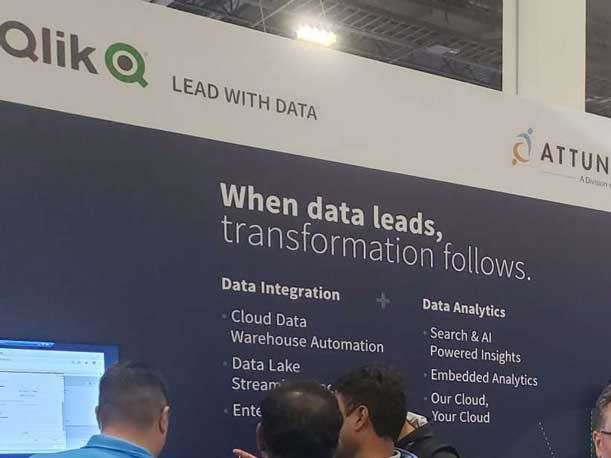
No. 7: Qlik Completes Its Acquisition Of Talend
On Jan. 5 Qlik, a leading provider of data integration and analytics software, said it would acquire Talend, a developer of data and application integration software and data management and transformation tools. The acquisition was completed May 16.
Qlik and Talend were both owned by private equity giant Thoma Bravo, which acquired Qlik in 2016 and bought then-publicly traded Talend in September 2021.
The price tag for the acquisition was not disclosed. Thoma Bravo paid approximately $2.4 billion when it bought Talend two years ago.
The merger brings together Qlik’s business analytics and data integration software and Talend’s data fabric platform that includes data management software, tools for data integrity and governance, and data and application integration.
The combined product offerings are expected to strengthen Qlik’s competitive position in the highly competitive business analytics and data management space.
In April, a few weeks before the acquisition was completed, Qlik CEO Mike Capone told CRN that the integration of the two companies, both from the business operations and product portfolio perspectives, would proceed fairly quickly.
“We’ve been planning this for quite some time. I have had my eyes on Talend for years, to be totally honest,” the CEO said. “The technologies are extremely complementary. … We already have done the technical diligence on how we’re going to put the products together.” And because each company had roots in Europe—Qlik was originally founded in Sweden and Talend in France—Capone added that: “Organizationally, not only are we very complementary, we’re also very culturally compatible.”
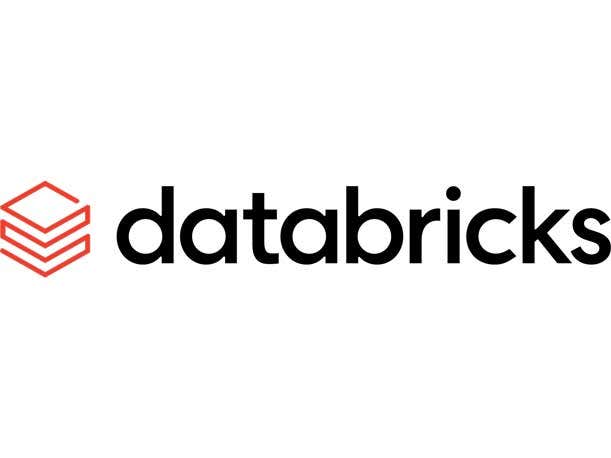
No. 6: Databricks To Acquire Generative AI Startup MosaicML In $1.3B Deal
On June 26, on the eve of its Data + AI Summit, data lakehouse platform provider Databricks unveiled a deal to acquire generative AI platform developer MosaicML for approximately $1.3 billion. The acquisition was completed July 19.
With the acquisition Databricks said it will provide customers with the ability to “build, own and secure generative AI models with their own data.”
Databricks is a leading company in the big data space with its Databricks Lakehouse Platform that provides businesses and organizations with a foundation for data lake, data warehouse and machine learning systems, offering a range of capabilities spanning data governance, data engineering, data science, data sharing and data streaming.
MosaicML was founded in 2021 and, like Databricks, is based in San Francisco. The startup is known for its MPT (multitask prompt tuning) Large Language Models that organizations use to quickly build and train state-of-the-art models while cost-effectively using their own data, according to Databricks.
Databricks is already in the process of acquiring Okera, a developer of data governance technology, for an undisclosed sum. The two companies announced that deal May 3.
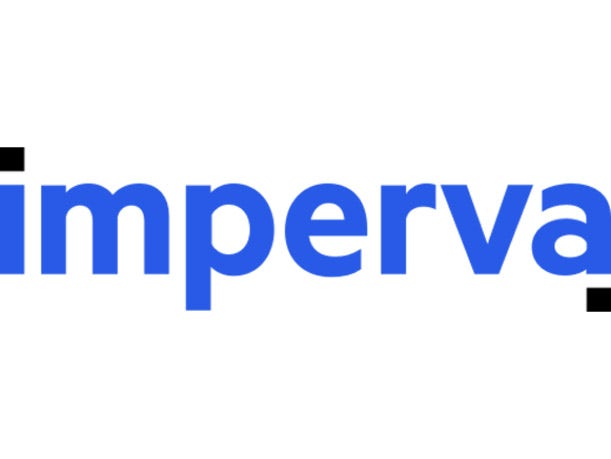
No. 5: Imperva Reaches $3.6B Deal To Be Acquired By Thales
On July 25 cybersecurity vendor Imperva said it had agreed to be acquired by French multinational Thales for $3.6 billion. Thales is buying San Mateo, Calif.-based Imperva from Thoma Bravo, its private equity owner.
The acquisition is expected to be completed by the beginning of 2024.
Imperva is a longtime player in application security categories including web application firewall and DDoS protection and in recent years has expanded into emerging areas such as API and data security.
Thales, based in Paris, France, said it generated more than €1.5 billion (about $1.66 billion) in sales in 2022 through its “extensive cyber portfolio.” The Imperva acquisition will add about $500 million in revenue and “significantly expand its data and application security offering,” the company said.
Thales’ product and service offerings are in defense and security, aeronautics and space, and digital identity and IT security.
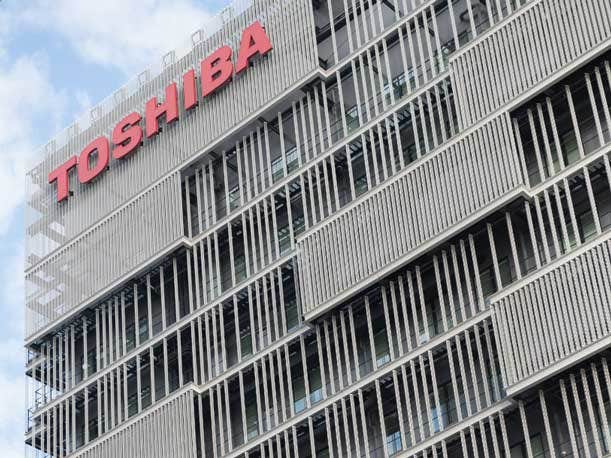
No. 4: Toshiba To Go Private In $15.2B Deal
On March 23 Toshiba Corp. agreed to a deal under which the Japanese IT and electronics giant will be acquired and taken private by a consortium of Japanese companies and investors led by private equity firm Japan Industrial Partners (also known as JIP Group).
The buyout offer, 4,620 yen per common share of Toshiba stock, put the value of Toshiba at 2 trillion yen, or about $15.2 billion. The agreement followed more than a year of talks between Toshiba and potential acquirers.
The acquisition faces what could be a lengthy approval process, including winning the approval of Toshiba shareholders. CNBC reported that it’s not clear whether activist funds, which own roughly a quarter of the company’s shares, would be satisfied with the terms.
Toshiba is a massive, multinational conglomerate that consists of 255 subsidiaries (as of the end of 2022) in seven business domains including Energy Systems & Solutions, Infrastructure Systems & Solutions, Building Solutions, Retail & Printing Solutions, Electronic Devices & Storage Solutions, Digital Solutions, and the Battery Business. Dynabook is the company’s line of laptop computers.
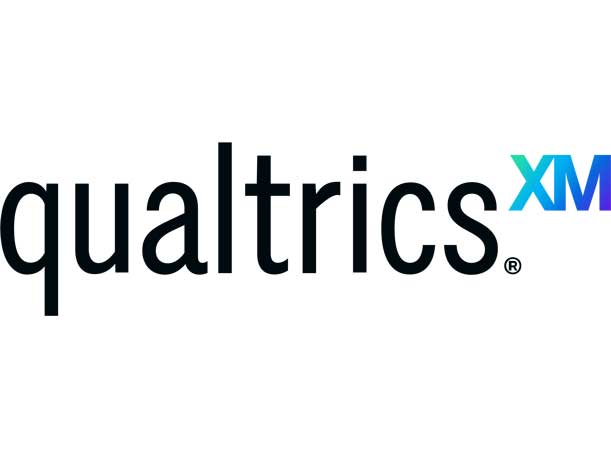
No. 3: SAP-Backed Qualtrics Accepts $12.5B Takeover From Silver Lake, CPPIC
On June 28 Qualtrics, a leading developer of experience management applications, was acquired and taken private by private equity giant Silver Lake and the Canada Pension Plan Investment Board (CPPIC) in a deal valued at $12.5 billion.
Qualtrics develops cloud-native software used to identify and resolve points of friction across digital and human touchpoints—consumer interactions with an online retailer’s web site, for example, or a service provider’s call center.
The acquisition of Qualtrics by Silver Lake and CPPIC included buying the majority stake that software giant SAP held in Qualtrics.
SAP acquired Qualtrics for $8 billion under a deal announced in November 2018—just days after Qualtrics filed documents for an IPO. Eighteen months later, in July 2020, SAP decided to take Qualtrics public while retaining a majority stake in the company. Qualtrics began trading as a public company on January 29, 2021, with a market cap of $21.66 billion.
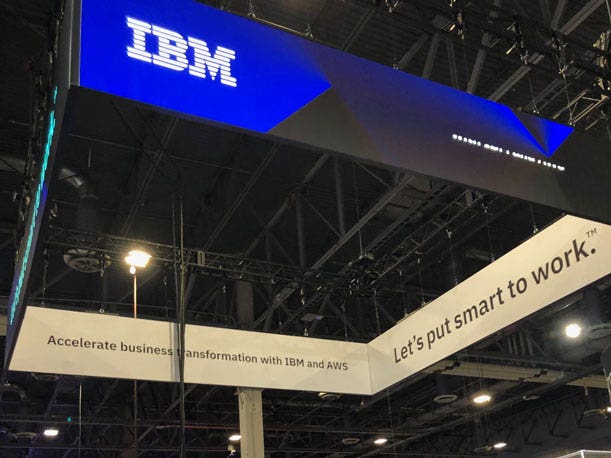
No. 2: IBM Buying Apptio For $4.6B To Boost Its FinOps And Hybrid Cloud Offerings
On June 26 IBM struck a deal to buy Apptio, a developer of IT business management and financial operations applications, for $4.6 billion. The acquisition will expand IBM’s offerings across its IT management and hybrid cloud services and boost the capabilities of its Red Hat and Watson product lines.
Apptio’s FinOps [financial and operational) IT management and optimization Software-as-a-Service applications are used by more than 1,500 customers and provide visibility into technology spending across hybrid and multi-cloud environments, labor and resources.
The acquisition of Bellevue, Wash.-based Apptio will also provide IBM with $450 billion of anonymized IT spending data that will unlock new insight for clients and partners.
IBM said the acquisition is expected to drive “significant synergies” across several key areas for IBM including its Red Hat subsidiary, the IBM AI portfolio and IBM Consulting, as well as strengthen partnerships with systems integrators like Accenture, KPMG and Deloitte. Chairman and CEO Arvind Krishna said IBM also plans to combine Apptio software with its Watsonx AI platform and the company’s automation software.
IBM is buying Apptio from private equity firm Vista Equity Partners and expects to complete the acquisition in the second half of this year.
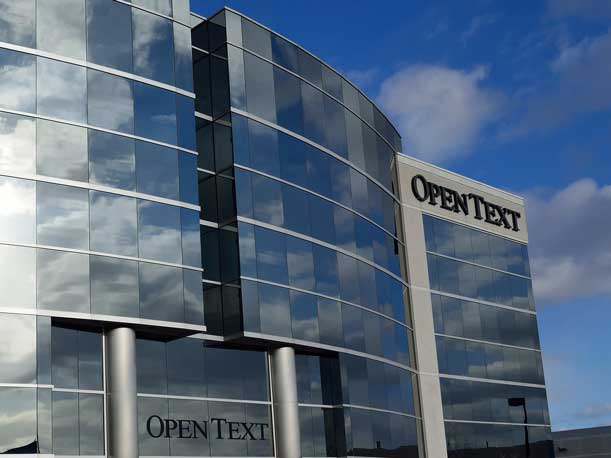
No. 1: OpenText Completes $5.8B Micro Focus Acquisition
On Jan. 31 OpenText wrapped up its $5.8 billion acquisition of software and cybersecurity vendor Micro Focus International, creating a software powerhouse with a broad portfolio of information management and IT security products.
At the time the deal closed, OpenText, based in Waterloo, Ontario, said it planned to “balance the combined company” through a workforce reduction of approximately 8 percent, creating “cost synergies” of $400 million.
OpenText and Micro Focus, based in Newbury, U.K., initially disclosed the acquisition deal in August 2022 with a stated price tag of around $6 billion
OpenText has been aggressively expanding through acquisitions in recent years including buying Carbonite in 2019 for approximately $1.45 billion and Zix Corp. in 2021 for $860 million.